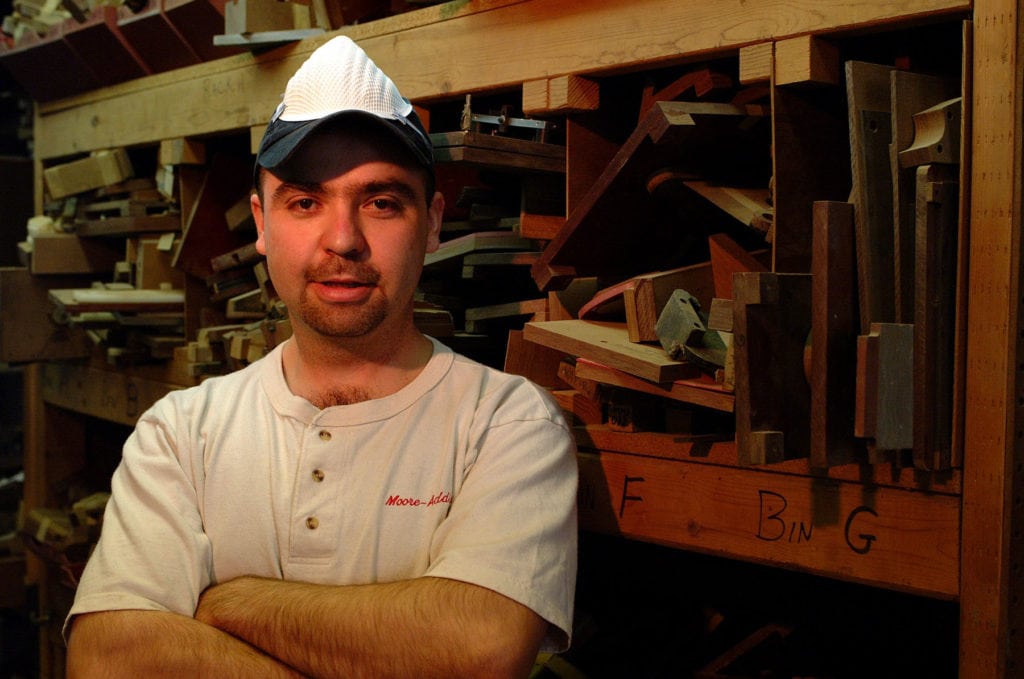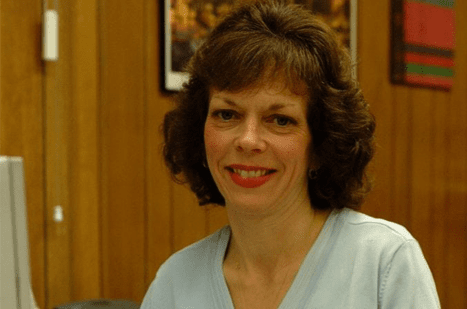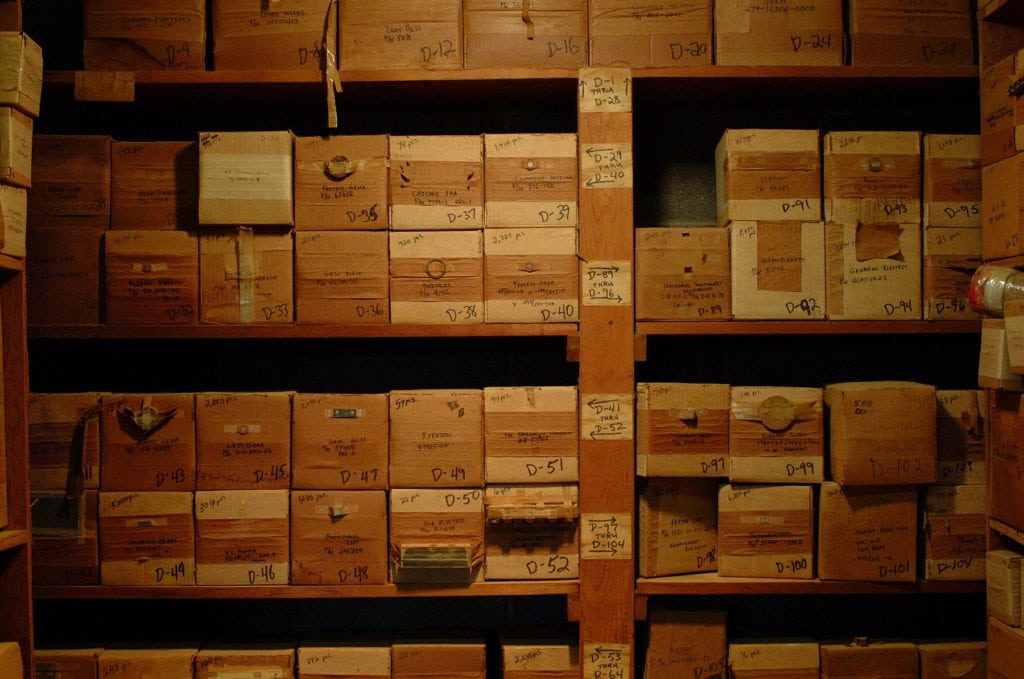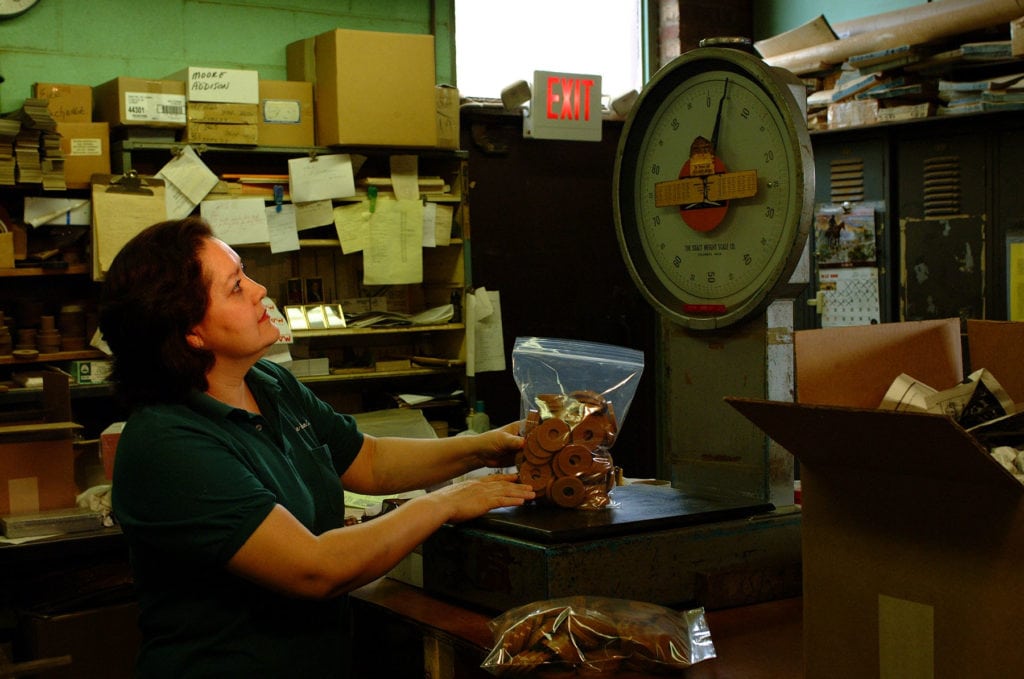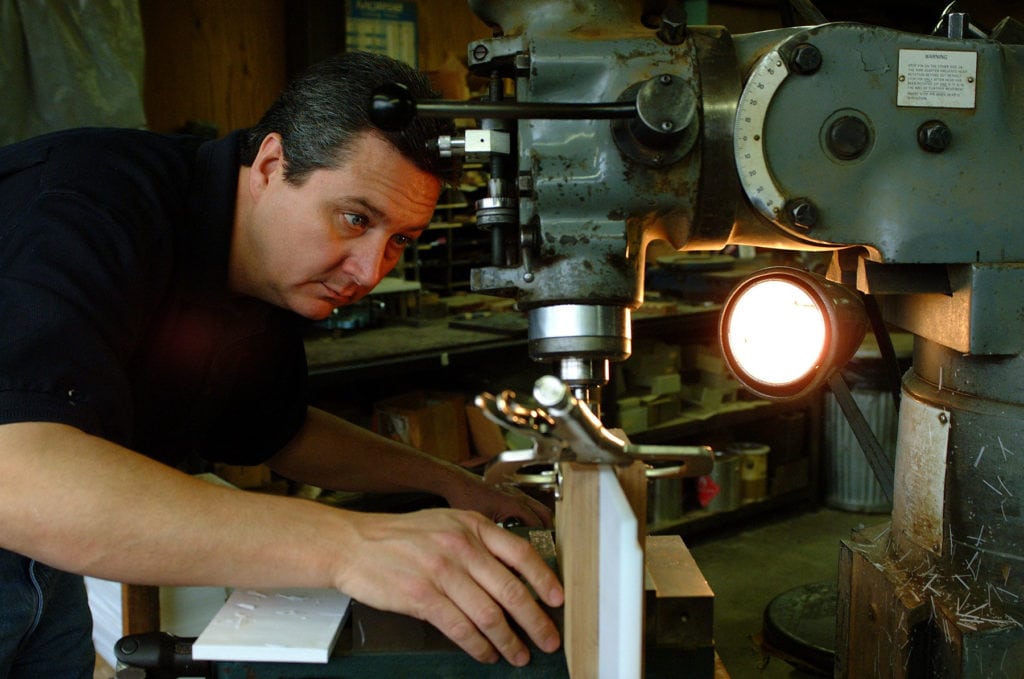Two Case Studies: Cta Trolley Parts & The Moore Addison Experience
Reverse Engineering CTA Trolley Parts: Controller Cams, Bearing Blocks and Separators:
Moore Addison is a job shop. We solicit manufactures to machine non-metallic parts for them. We find, as we solicit from company to company, a lot of purchasing people and even engineers who really have no concept of how inclusive the “non-metallic parts” category can be.
For instance, they already buy several phenolic parts from us and it never occurred to them that we work in UHMW or glass based materials and white plastics as well. On the other hand, you sometimes find a customer with whom you have been working for twenty-five years or more who knows all too well what you do. In fact, now they want to expand that category well beyond what you had ever done for them.
Several years ago, the head of maintenance services at the Chicago Transit Authority [CTA] telephoned and said he had several parts we might be able to do for him. They were all “old” orphans; there weren’t even any drawings; could I look at them? I went to the trolley repair barn the next day. We chatted and I eventually asked to see the old parts.
My expectation was to go to the repair area where they lay out such needs on their shop work tables. Instead, Chris pulled out from under his desk a beat-up cardboard box with some twenty-three scavenged parts. They were all well beyond their useful operating lives.
But, they were all the CTA had to guide someone in the making of “good-as-new” “OEM” parts. In several cases they were made of Transite which is no longer used because of its asbestos content. Even though the asbestos in Transite is “encapsulated”, no one wants to be in the same county with any of that notorious material. There were no part numbers and the OEM was unknown or had gone out of business long ago.
The only thing they had in common was that they were non-metallic. All the parts were perfect for the Moore Addison business model and the small 10 to 25 pieces order quantities where not a problem for us although we would have liked to have made them in the hundred quantity bracket.
The biggest problem we had was how to agree and identify exactly which particular part they might want to order. To mitigate that conundrum, I took digital photos and numbered them from one to twenty-three. Now we each have a file we can send back and forth as attachments. When CTA orders one of these parts, they give us the picture number mated with their seven digit lot number and we develop the order from there.
Oddly enough, there have been no problems. And now we also have working examples from which we can further groom and perfect critical dimensions, exterior profiles and/or hole placements and diameters. The program has worked very well. An added plus is that we have better access to their shop; we’ve made many new friends on the floor. And we’ve been able to offer guidance to better materials for all kinds of parts and assemblies.
Indeed, another Engineer, the one who is CTA’s rail services representative at any and all crash sites, picked out a part with a square center hole and said they were having a terrific problem getting them. The manufacture had changed the material to an Ultem which was wildly inappropriate for the application and would not give them prints to make parts as they did with previous phenolic parts.
We soon discovered that Moore Addison was making critical cams and the spacers between the cams for the controller mechanism in all their trolleys. After the disqualification of two old time suppliers who simply couldn’t profile cams, Moore Addison is now specified on all the CTA prints for these critical trolley parts. In fact, we are even making the same parts for transit authorities in other cities. And we make the go/no-go inspection guages as well.
Infectious Nature Of Customer Service: The Moore Addison Experience.
When you call someone on the phone you don’t call just to leave a message.
When you telephone Moore Addison, you may notice that someone answers the phone before the end of the third ring. We would answer more quickly, but it takes a full ring for the caller ID to kick in. Then if the call drops off for some catastrophic reason, we can at least get back to the potential customer to discover how we might serve them. Answering the phone is part of the Moore Addison experience; it is part of our corporate attitude.
Moore Addison is not ISSO certified. It is very expensive to become ISSO certified. When this certification first became a critical issue in order to do business, we had problems. We created a quality manual based on an ISSO example. We even reconfigured part of our shop for incoming and final inspections. We already did in-process inspection but just sharpened up our incoming and exit processes.
We are definitely ISSO compliant. Apparently, we always have been. Serving the gear industry, you have to keep good records. The companies that left us are all back. In two cases, they came to inspect us as we had invited them to do. They were quite happy especially with the access they had. This is an example of the Moore Addison experience.
When someone places an order at Moore Addison, we promise delivery in two to three weeks and set a date for delivery. If we have an unforeseen problem, we will contact them and make an approprate adjustment. If the customer needs the parts sooner, and they often do, we’ll work with them to solve their predicament.
If they’re really desperate and we can for sure do it, we sometimes offer a “break in charge” and get the parts out the next couple of days. We really make an effort to get along with our customers; we have a vested interest in their success. This is part of the Moore Addison experience.
We have a 150 square foot office for seven staff work stations / desks / computers. Four of the seven of us have over thirty years of service; two have over five. When anyone speaks with a customer, they are within eyesight and earshot of the others. If they don’t have the answer in their computer, they’ll be someone else overhearing and get the necessary data before the hang up. Another example of the Moore Addison experience.
We provide a service by adding value to non-metallic / laminate / plastic sheet, rod and tube with machine tools. But often the value added goes beyond mere machining. And that’s the Moore Addison experience.

